Shakespeare and the Nature of Love: Literature, Culture, Evolution
کتاب Shakespeare and the Nature of Love شکسپیر و ماهیت عشق: ادبیات، فرهنگ، تکامل و تمامی نماشنامه های شکسپیر زبان اصلی را از ما بخواهید فروشگاه کتاب دیار
شکسپیر و ماهیت عشق: ادبیات، فرهنگ، تکامل
شرح:
مارکوس نوردلاند معتقد است بهترین مفهوم عشق و از این رو بهترین چارچوب برای تحلیل ادبی آن،
باید تلفیقی از تبیین تکاملی، فرهنگی و تاریخی باشد. نوردلاند دقیقاً در چنین پیوند زیست فرهنگی است
که به بررسی رفتار شکسپیر با اشکال مختلف عشق می پردازد.
رویکرد او به دیدگاه جدید ارزشمندی در مورد عشق شکسپیر و به طور گسترده تر،
در مورد تعامل بین انسانیت مشترک ما و احتمال تاریخی ما منجر می شود،
زیرا آنها در آثار ادبی بازتاب، بازنگری، دگرگونی یا حتی سرکوب می شوند.
نوردلاند پس از پرداختن به مسائل انتقادی درباره عشق، زیستشناسی و فرهنگ که با روش او مطرح شده بود،
چهار شکل خاص از عشق را در هفت نمایشنامه شکسپیر در نظر میگیرد.
او با بررسی فراز و نشیبهای عشق والدینی در «تیتوس آندرونیکوس» و «کوریولانوس»، استدلال میکند
که شکسپیر تحقیقی پایدار در مورد تأثیر فرهنگ و جامعه بر احساسات طبیعی انسان انجام میدهد.
شاه لیر بینشی از رابطه متضاد بین عشق و وظیفه ارائه می دهد.
در دو نمایشنامه مسئلهای درباره عشق رمانتیک،
«ترویلوس و کرسیدا» و «همه چیز خوب است که به خوبی تمام میشود»، تنش بین ویژگیهای فردی و اجماع اجتماعی بهویژه برجسته میشود. و سرانجام در «اتللو» و «داستان زمستان»، نوردلاند می پرسد شکسپیر در مورد آواتار تاریک حسادت چه می تواند به ما بگوید.
Description:
The best conception of love, Marcus Nordlund contends, and hence the best framework for its literary analysis, must be a fusion of evolutionary, cultural, and historical explanation. It is within just such a biocultural nexus that Nordlund explores Shakespeare’s treatment of different forms of love. His approach leads to a valuable new perspective on Shakespearean love and, more broadly, on the interaction between our common humanity and our historical contingency as they are reflected, recast, transformed, or even suppressed in literary works. After addressing critical issues about love, biology, and culture raised by his method, Nordlund considers four specific forms of love in seven of Shakespeare’s plays. Examining the vicissitudes of parental love in ”Titus Andronicus” and ”Coriolanus”, he argues that Shakespeare makes a sustained inquiry into the impact of culture and society upon the natural human affections. King Lear offers insight into the conflicted relationship between love and duty. In two problem plays about romantic love, ”Troilus and Cressida” and ”All’s Well that Ends Well”, the tension between individual idiosyncrasies and social consensus becomes especially salient. And finally, in ”Othello” and ”The Winter’s Tale”, Nordlund asks what Shakespeare can tell us about the dark avatar of jealousy



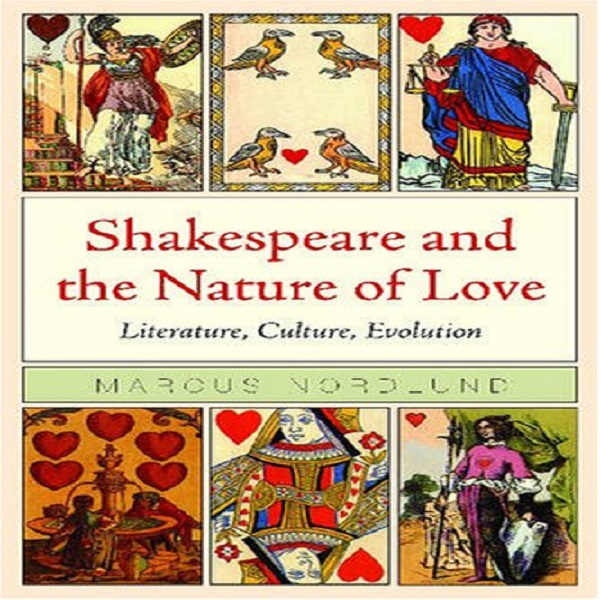

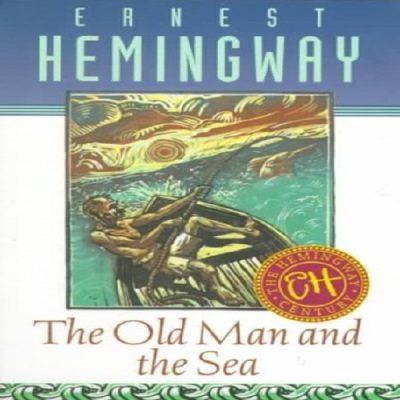
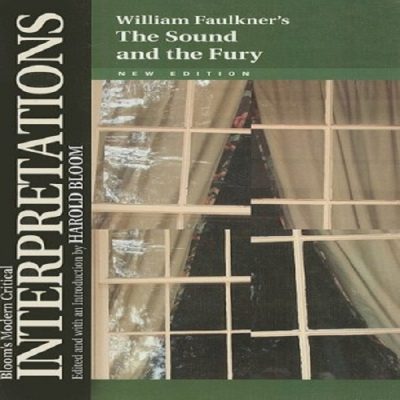
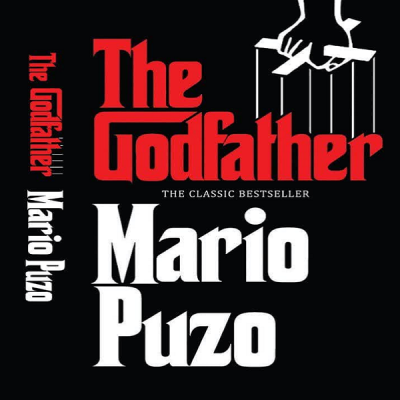


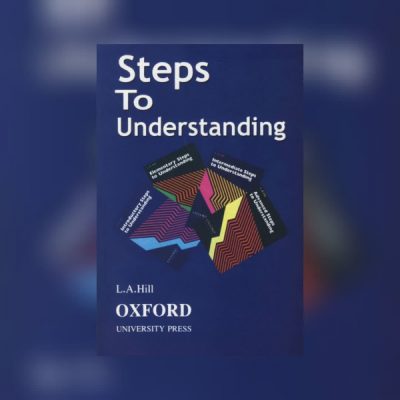
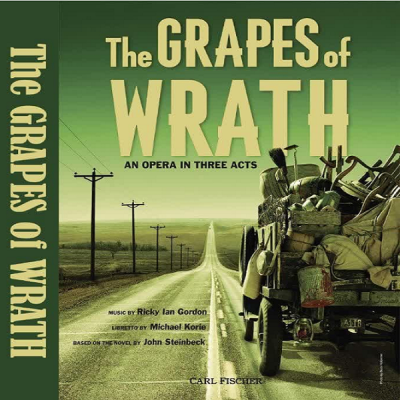

نقد و بررسیها
هنوز بررسیای ثبت نشده است.